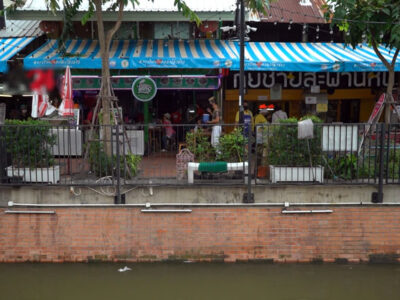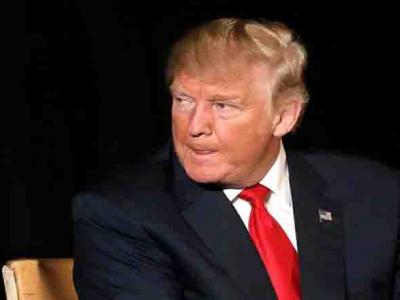(COLOMBO, LANKAPUVATH) –The Buddhist enclave of Ladakh cheered India’s move to hive it off from Jammu and Kashmir state, a change that could spur tourism and help New Delhi counter China’s influence in the contested western Himalayas.
Beijing, though, criticized the announcement, made on Monday by the Indian government of Prime Minister Narendra Modi as part of a wider policy shift that also ended Jammu and Kashmir’s right to set its own laws. In a statement on Tuesday, China said the decision was unacceptable and undermined its territorial sovereignty.
Ladakh is an arid, mountainous area of around 59,146 square kilometers (22,836 square miles), much of it uninhabitable, that only has 274,000 residents. The rest of Jammu and Kashmir is roughly 163,090 square kilometers (62,969 square miles) with a population of some 12.2 million.
China and India still claim vast swathes of each other’s territory along their 3,500 km (2,173 mile) Himalayan border. The Asian rivals had a two-month standoff at the Doklam plateau in another part of the remote Himalayan region in 2017.
“The fact that India took this move … can be seen as one way that India is trying to counter growing Chinese influence in the region,” said Sameer Patil, a Mumbai-based fellow in international security studies at the Gateway House think-tank.
In a statement, Chinese Foreign Ministry spokeswoman Hua Chunying said China contests the inclusion of what it regards as its territory on the Indian side of the western section of the China-India border.
“India’s unilateral amendment to its domestic law, continues to damage China’s territorial sovereignty. This is unacceptable,” Hua said.
In response to a question about Hua’s statement, Indian Foreign Ministry spokesman Raveesh Kumar said on Tuesday the Ladakh decision was an internal matter.
“India does not comment on the internal affairs of other countries and similarly expects other countries to do likewise,” said Kumar, without directly mentioning China.
Patil from Gateway House said monks he interviewed in Ladakh told him China-endorsed monks had been extending loans and donations to Buddhist monasteries in the area in an apparent bid to win influence.
Reuters was not able to contact any monks in Ladakh.
“OUR OWN DESTINY”
By announcing it would turn Ladakh into its own administrative district, the Indian government fulfilled a decades-long demand from political leaders there. Ladakh locals were tired of being hurt or ignored because of the many years of turmoil in the Kashmir Valley resulting from separatist militant activity and the Indian military’s moves to crush them.
Local politicians and analysts expect the change to bring Ladakh out of the shadow of Kashmir, which has long been a flashpoint with Pakistan. It could also help the area pocket more government funding as it seeks to build up its roads and facilities to lure tourists.
“We are very happy that we are separated from Kashmir. Now we can be the owners of our own destiny,” Tsering Samphel, a veteran politician from the Congress party in Ladakh, said on Tuesday. He added the area felt dwarfed by Jammu and Kashmir – which is a majority Muslim area – and that the regions had little in common culturally.
In Ladakh’s city of Leh on Monday, members of Modi’s ruling Bharatiya Janata Party danced in the streets and distributed sweets, Reuters partner ANI reported.
Ladakh will be governed by a centrally-appointed lieutenant governor, handing New Delhi stronger oversight over the area.
However, while Ladakh will become a Union Territory, it will not have its own legislature – a sore point for some locals.
“Hopefully we will be getting that also, slowly,” said Samphel, 71, adding that local politicians would put that demand to New Delhi.
Ladakh’s economy, traditionally dependent on farming, has benefited from tourists visiting ancient monasteries and trekking up mountain peaks.




